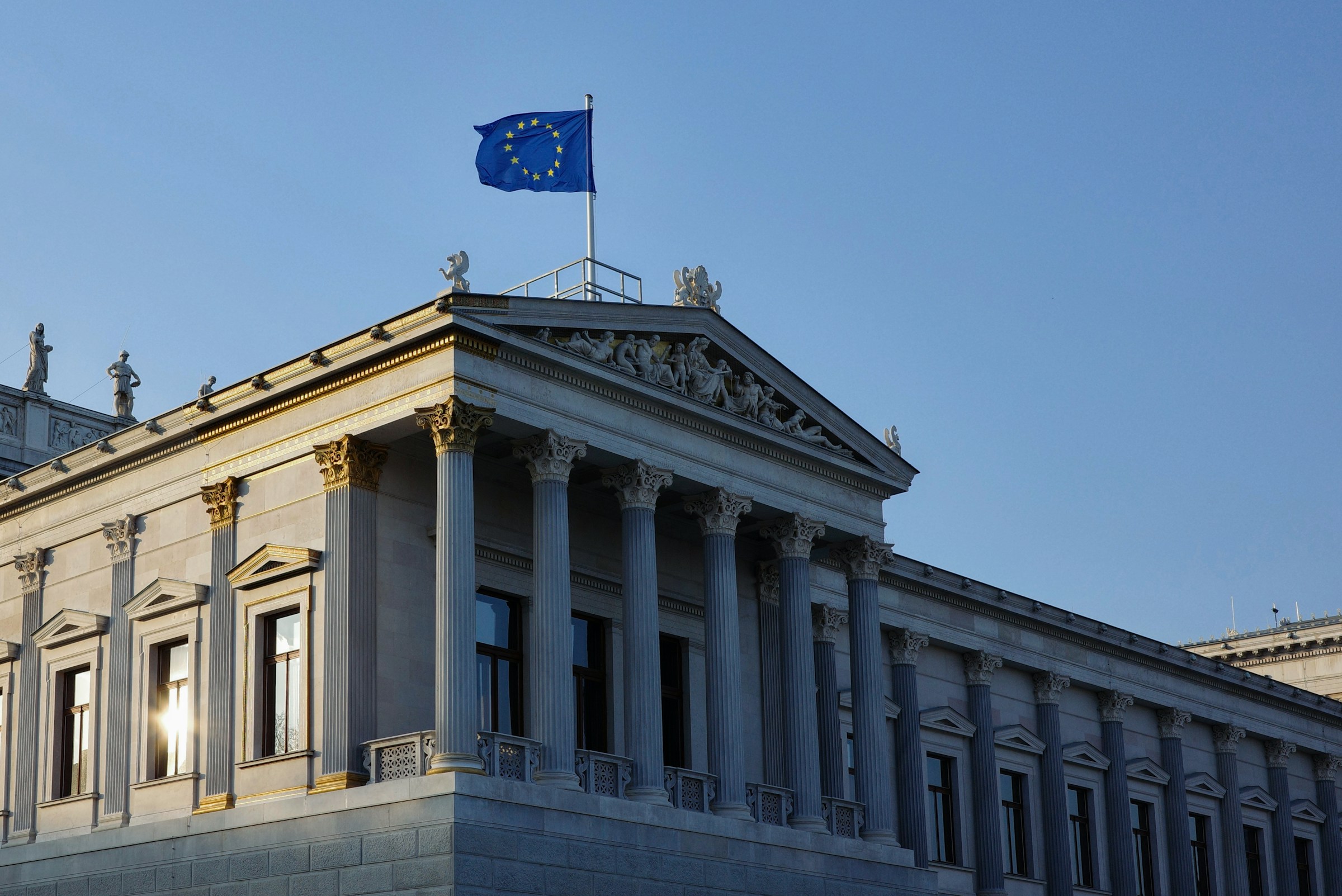The European Union’s intensifying criticism of China’s role in supporting Russia’s wartime economy, just ahead of the July 24 EU-China summit in Beijing, isn’t just posturing. It marks a recalibration of Europe’s capital and policy alignment away from cooperative economic engagement toward guarded strategic segmentation. European Commission President Ursula von der Leyen’s pointed remarks—that China is “de facto enabling Russia’s war economy”—may sound like a diplomatic reprimand, but they function as a policy signal of accelerated “de-risking.”
China, for its part, has made clear through back-channel diplomatic remarks that it sees a Russian defeat in Ukraine as intolerable—not out of alliance, but out of realpolitik. Chinese Foreign Minister Wang Yi reportedly warned that such an outcome would “free up” U.S. strategic focus to concentrate on Beijing. This strategic logic positions Russia not as a comrade-in-arms but as a geopolitical diversion—one China is not prepared to surrender.
Brussels is officially framing its strategy as “de-risking, not decoupling.” But its actions—including trade defense probes, outbound investment screening, and critical raw materials stockpiling—betray a more assertive divergence posture. Von der Leyen’s acceleration call implies the EU sees continued economic interdependence as a vulnerability rather than a foundation.
China’s observable behavior contradicts EU hopes for strategic neutrality. Beijing has maintained elevated levels of dual-use exports to Russia, skirted Western sanctions through non-dollar payment corridors, and signaled persistent ambiguity on Ukraine’s sovereignty at international forums. These are not neutral acts; they are capital allocation choices that reject Western terms.
This divergence didn’t materialize overnight. Since 2022, European leaders have oscillated between engagement and containment with Beijing. What has changed is the EU’s threshold for perceived ambiguity. During the 2008 global financial crisis, Europe leaned into China’s stimulus-driven demand. In 2020, during COVID-era supply chain shocks, the EU again relied on China’s industrial resilience.
Now, under the shadow of war in Ukraine and a more hawkish U.S., that resilience is reinterpreted as over-dependence. The shift mirrors Washington’s earlier pivot from “strategic engagement” to “strategic competition.” Europe is catching up—but not without structural friction.
From Beijing’s vantage point, Europe’s alignment with U.S. Indo-Pacific policy and tech export controls is not about Ukraine—it is about containment. The EU’s move to restrict Chinese access to sensitive sectors, coupled with outbound investment rules on semiconductors and AI, will be read by Chinese policymakers as economic encirclement under the pretext of security.
Meanwhile, Gulf states and ASEAN players may interpret this signaling differently. For them, the EU’s hard line introduces new risk premia on European trade partnerships and heightens the appeal of multipolar hedging. GIC, SAMA, and Mubadala are unlikely to rebalance toward Eurozone exposure without clarity on whether this is a permanent realignment or tactical posturing.
Sovereign allocators are not waiting for the summit’s communiqué. European funds—particularly state-backed strategic investors in France, Germany, and the Nordics—are already steering away from China-linked industrial holdings. Meanwhile, Chinese outbound capital is shifting from Europe to GCC and Belt-and-Road-aligned jurisdictions, where geopolitical alignment risk is lower.
This quiet repositioning extends beyond equity flows. Infrastructure financing, joint ventures in renewables, and technology R&D partnerships are being re-scoped or redirected entirely. Chinese policy banks are tightening credit lines to EU-based firms deemed politically exposed, while European insurers and pension funds are reducing exposure to RMB-denominated assets under mandate review.
Bond markets have also begun pricing in decoupling-lite effects. Eurozone 10-year yields remain sensitive to commodity-linked supply risks, while Chinese offshore credit channels are tightening under quiet counter-sanctions policy. This is not a trade slowdown—it’s a re-rating of policy credibility across borders.
Brussels may hope that sharper language will shape Chinese restraint. But signaling does not equate to enforcement. Unless the EU can operationalize its de-risking agenda into consistent institutional policy—beyond headline investigations—it risks undermining its own credibility.
The credibility gap widens when export control measures are inconsistently applied across member states or diluted by intra-EU trade politics. Fragmentation within the bloc—particularly between Germany’s industrial lobbying interests and France’s security-forward posture—creates uneven signaling. Without alignment at the commission, council, and national levels, Beijing will read the rhetoric as performative rather than structural.
Likewise, enforcement mechanisms for outbound investment screening remain legally fragile and politically untested. Many EU sovereign funds and pension schemes maintain indirect China exposures through global indices, infrastructure vehicles, and emerging-market ETF baskets. Unless reallocation is deliberate, institutional capital may lag policy rhetoric—creating noise without posture.
Signal fatigue is real. And without alignment between capital, policy, and enforcement, it becomes risk—not leverage.















